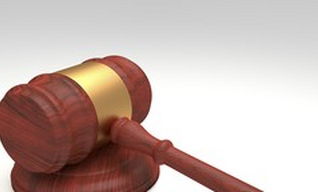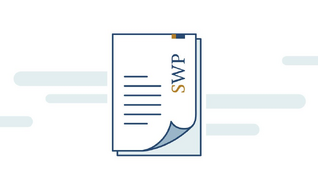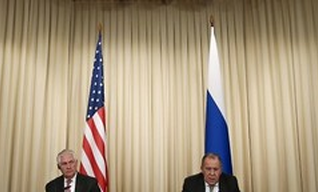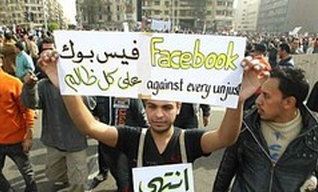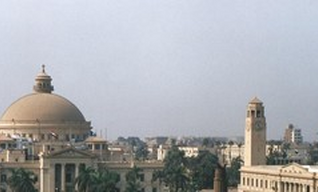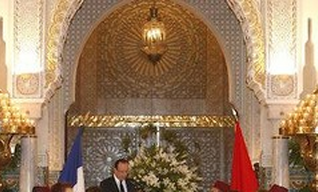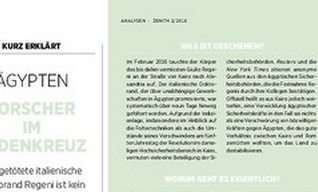
Ilyas Saliba
Berlin
-
Noch keine BeiträgeHier wird noch geschrieben ... bitte schaue bald nochmal vorbei

Ilyas Saliba
-
demokratie
-
wahlen
-
naher und mittlerer osten
-
sicherheitspolitik
-
security studies
-
democracy
-
transition
-
aussenpolitik
-
elections
-
authoritarianism
-
demokratisierung
-
democratization
-
middle eastern politics
-
european foreign policy
-
us foreign policy
-
autokratien
Who am I?
I am a research fellow at the WZB Social Science Center Berlin and a PhD student at the Humboldt University Berlin
I am also a freelance journalist and photographer.
I am interested in middle eastern politics, democratization, foreign policy, security issues, inequality, violence, sports (football and waterpolo)
Auftraggeber
Qantara , Zenith , alsharq.de , ipg-journal.de , tagesspiegel.de , zeit.de , zenithonline.de
Weitere Profile
LinkedIn , Online Präsenz , Twitter
Fehler!
Leider konnte der Artikel nicht gefunden werden.
We can't find the internet
Attempting to reconnect
Something went wrong!
Hang in there while we get back on track


